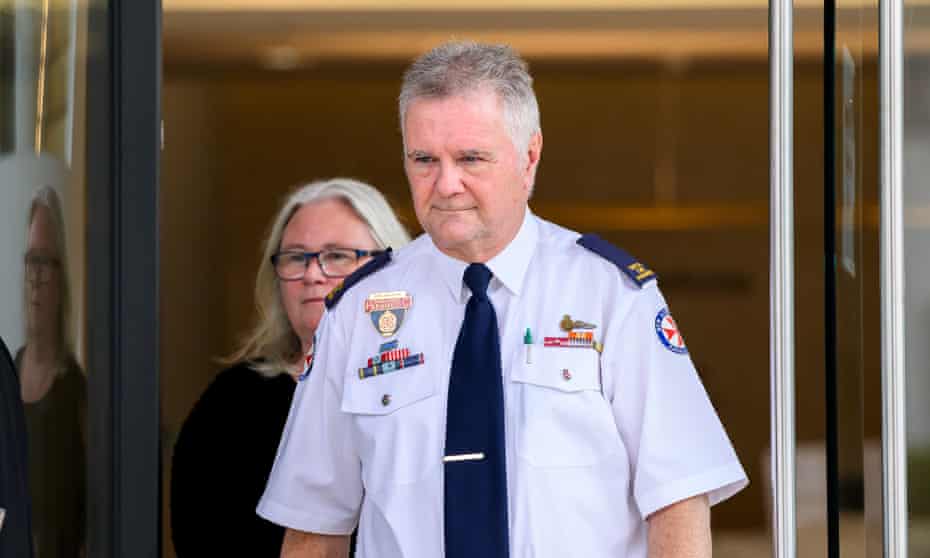A critical care paramedic who rushed to the Bondi Junction stabbing attack last year has told an inquest he was “frustrated” after being prevented from reaching injured and potentially dying victims inside the Westfield shopping centre.
Christopher Wilkinson, a New South Wales ambulance officer, gave evidence on Wednesday at the ongoing coronial inquest into the deaths of six victims killed on 13 April 2024 by Joel Cauchi, a 40-year-old man with schizophrenia. Cauchi fatally stabbed Ashlee Good, 38, Jade Young, 47, Yixuan Cheng, 27, Pikria Darchia, 55, Dawn Singleton, 25, and Faraz Tahir, 30, before being shot dead by police inspector Amy Scott. Ten others were injured in the attack.
Wilkinson, who arrived on the scene at 4:03 p.m., said his critical care ambulance was equipped with blood, plasma, and surgical packs, capable of performing emergency procedures including anaesthesia, intubation, and on-site surgeries.
Shortly after arrival, a paramedic alerted Wilkinson to a baby in need of urgent care. After handing over specialist equipment, he returned to a triage area he had set up, where a bloodied man identifying himself as a doctor tapped him on the shoulder, pleading for urgent care for another injured man.
Wilkinson deployed a CareFlight medical team to assist but noted he and other paramedics were not granted access to the Westfield centre. Instead, they waited outside as patients were slowly brought to them.
At 4:15pm, Tahir, a security guard, was carried out on a stretcher. Wilkinson and his team immediately began emergency surgery, but Tahir was pronounced dead at 4:24pm.
“The family can rest assured we did everything possible to save his life,” Wilkinson told the court.
Two other stabbing victims, a woman in her early 20s with a chest wound and another woman stabbed in the back, were later brought out, both stable enough to be transported to hospital without immediate critical intervention.
Wilkinson said after treating them, he stood waiting for more patients but none arrived. “I was left standing there wondering whether there were any other patients like Mr Tahir to be treated,” he said.
He later learned a “hot zone” had been established inside Westfield, preventing paramedics from entering until police confirmed the area was secure. However, Wilkinson told the court he believed the designation took too long and delayed lifesaving treatment.
“Standing around on the outside and not going in simply because there could be another offender was not good enough,” he said. “It took far too long.”
He said while he respected the need for caution, particularly with fears of a second attacker, he believed paramedics should have been allowed to enter with police escorts to reach victims more quickly.
“If we’re not allowed into that hot zone, there is a delay and sometimes that delay costs lives. We need to change how we do things,” Wilkinson said.
He noted that the Westfield emergency alarms made communication difficult and added to the confusion.
Assistant Commissioner Brent Armitage, the designated ambulance commander, also gave evidence, telling the court that at 4:01 p.m. he received a radio message warning of a possible second armed offender, leading to an order for ambulance crews to remain in place until further notice.
By the time Armitage arrived at 4:24 p.m., a marshalling and egress area for ambulances had been “extremely well” set up, but Wilkinson’s frustrations reflected deeper concerns about how emergency responses are managed during active threats.
The inquest, which is scheduled to run for five weeks, will continue to examine the police and paramedic response to the tragedy.

